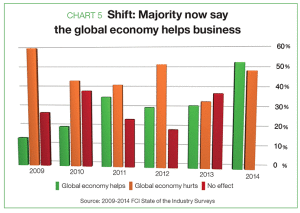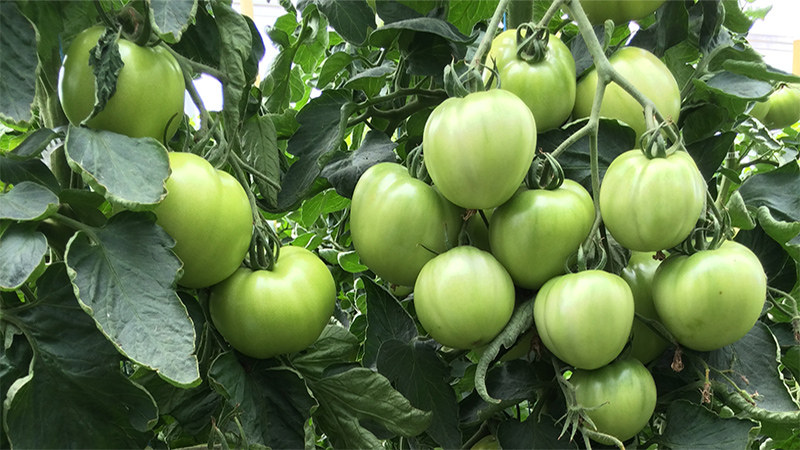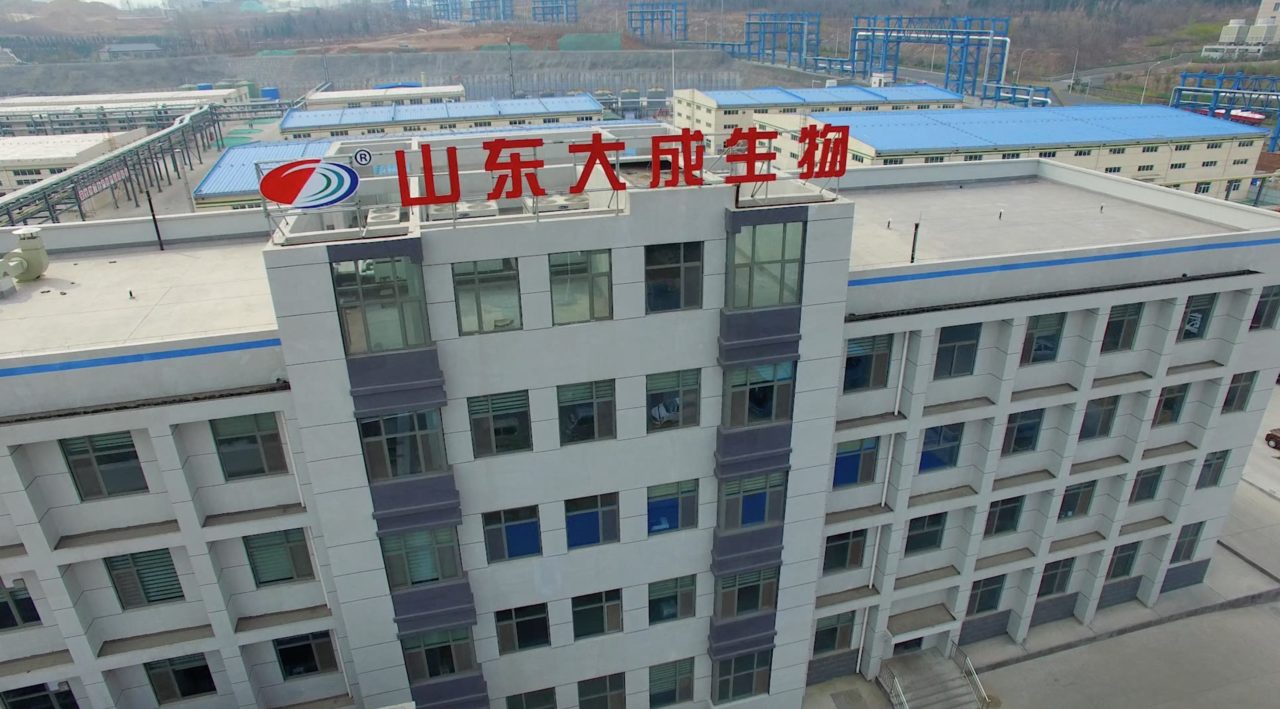Crop Protection Increasingly Well-Insulated, According to FCI Survey
 The industry’s overall perspective on the economy as a whole is optimistic.
The industry’s overall perspective on the economy as a whole is optimistic.
2014 FCI State of the Industry survey data shows that while the crop protection industry may not be rejoicing over the global economy, it is at least suffering less from negative global economic fallout than it has in recent years. In 2014, 52% of respondents say the global economy tends to help their business. A large minority (48%) believes it hurts their business. Ever so slightly more than half, the sentiment of that small majority nevertheless is in line with year-to-year trends. Between 2009 and 2013, fewer respondents each year said the global economy negatively affected them, and the number of people who said it had positive effects steadily increased with the exception of the gentle slouch of 2012. Last year, almost a third (31%) of respondents said the economy affected them for the better.
The 2014 figure (52%) becomes something to write home about when we look at the dramatic increase compared to last year. While the industry may not be turning cartwheels, it is getting back in its groove, more robust and gaining more strength than it was merely a year ago.
Things are getting back to normal, but survey respondents indicate that the industry can do better than normal. Almost three-quarters predict that the global economy is going to improve at least a little in the near future.
Survey data indicates that local economies have tended not to have significant effects on business in general over the past six years, though respondents indicated that local economies have been somewhat of a positive factor in 2014.
Predictions for the health of local economies have been optimistic since 2009. Though hopes have been routinely high, it has consistently made little to no difference whether local economies are healthy or not, or how healthy they are. Survey data shows that stakeholders might more effectively focus their growth strategies on big-picture macroeconomics worldwide.
Obtaining raw materials was frequently cited as one of the key factors affecting business in 2014 and the trend of optimism is evident in this area as well.
It’s not news to anyone that the vast majority of respondents (78.2%) would describe the process as somewhat or very challenging, but for the first time since 2009, respondents’ priorities have changed. In 2014, the most important factor is price, but in all previous years it was reliability.
“India is dependent on China and its raw materials base. Environmental standards are going to be quite strict, so India is quite affected by that, so the prices of raw materials are increasing, and the trend is that the supply of raw materials from China is not stable,” said India-based Forward International Senior Manager Pulkit Tewari in an interview at the FCI Trade Summit in Tanzania.
The top products that have become more difficult or expensive to obtain in 2014 than in previous years are active ingredients and technical-grade materials followed by emulsifiers, PMIDA, sulphur, potassium and IPA salt.
FCI administered the State of the Industry survey to crop protection professionals in 46 countries in May 2014 and awarded an iPad and certificates to select participants.





